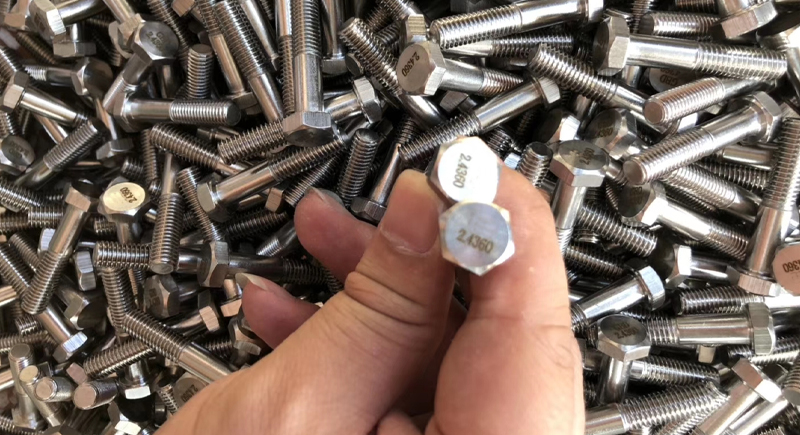VIDEO & CENTER

The bolt grade is not necessarily the higher the better. It represents the strength and performance of the bolt. For example, common grades include 4.8, 8.8, and 10.9. The higher the number, the greater the tensile strength and yield strength, and the greater the force it can withstand. However, the grade selection should depend on the actual usage scenario. Blindly pursuing a higher grade may have the opposite effect. For instance, in low-load scenarios (such as furniture assembly or ordinary supports), 4.8 or 6.8 grades are sufficient. Using 10.9 high-strength bolts would actually make the structure brittle due to excessive hardness, prone to sudden fracture upon impact, and the cost would double. High-grade bolts (such as 12.9) are mostly used in heavy-load and vibration-intensive situations (such as cranes and engines), but during installation, precise control of torque is required. Otherwise, if the torque is too high, it will loosen, and if it is too strong, it will directly break. In simple terms, choosing bolts is like choosing shoes - for daily walking, wear sports shoes; for climbing mountains, wear hiking shoes. It's not about the more expensive the better; what matters is that they fit properly. Similarly, the bolt grade also needs to "match the requirements": having sufficient strength, being safe and reliable, and being cost-effective are the best choices.















